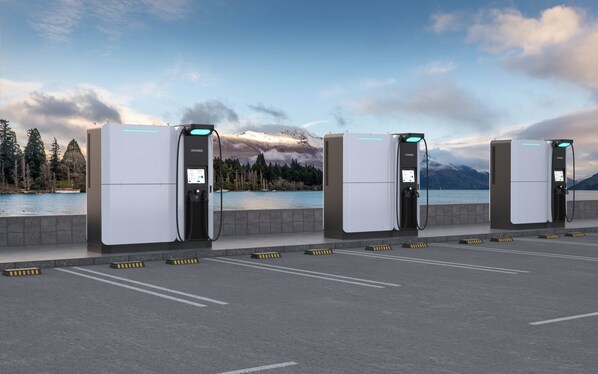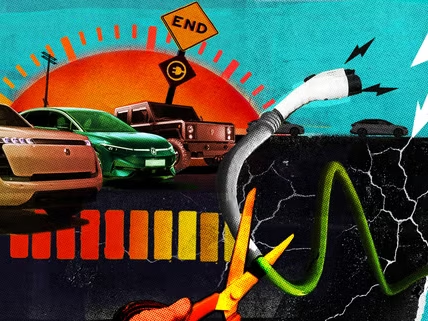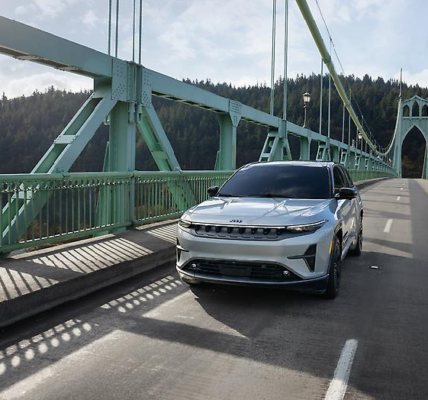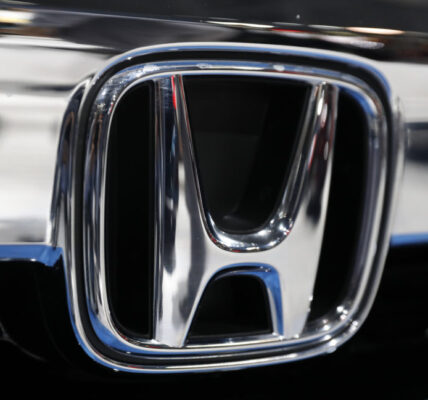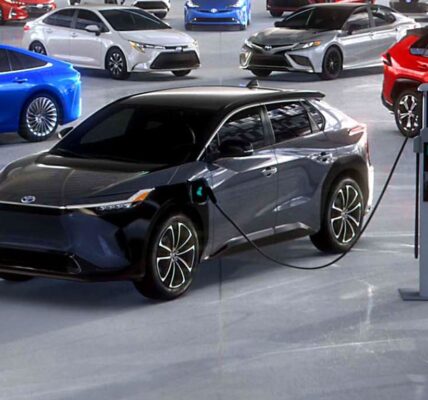XCharge Showcases Net Zero Series Charger at Australia’s National Bus & Coach Show 2024 Partnered with BYD Australia Commercial Vehicles
XCHG Limited (“XCharge” or the “Company”) (NASDAQ: XCH), a global leader in integrated EV charging solutions, proudly presented its battery-integrated DC Charger, the Net Zero Series (NZS), at the National Bus & Coach Show 2024 in Brisbane, Australia. This exhibition marked the beginning of a strategic partnership between XCharge and BYD, including BYD New Energy Passenger Vehicles and BYD Electric Buses in Australia, emphasizing both companies’ commitment to accelerating the energy transition towards a clean-energy future in the Australian and New Zealand markets.
The NZS offers a highly efficient and flexible charging solution. With its integrated battery of 233kWh capacity, the NZS provides an impressive output power of up to 210kW while requiring only 30-60kW input. This makes high-power charging accessible in more locations, even where power limits have hindered the expansion of charging networks.
The energy storage system allows the NZS to stabilize the grid by storing energy during valley periods and releasing it during peak times. This capability also helps operators maximize revenue by purchasing energy at lower prices and selling it at higher rates. Additionally, the NZS ensures more reliable energy flow by using its battery as a buffer, capable of supplying energy during unexpected power outages.
Since its launch, the NZS has been commercially deployed in Europe, the Americas and Asia.
Accelerating the Transition to a Net Zero FutureAs Australia intensifies its efforts to achieve Net Zero by 2050, the challenge lies in upgrading charging infrastructure across its vast and sparsely populated regions. In response, the National Electric Vehicle Strategy (NEVS) was announced last year, outlining commitments to enhance EV charging infrastructure and promote electric vehicle adoption.
The NZS offers a tailored, cost-effective solution for the Australian market, particularly in rural and regional areas where charging infrastructure is underdeveloped. With the NZS, these areas can bypass costly grid upgrades and lengthy administrative processes, facilitating the deployment of high-power EV chargers to meet growing demand.


